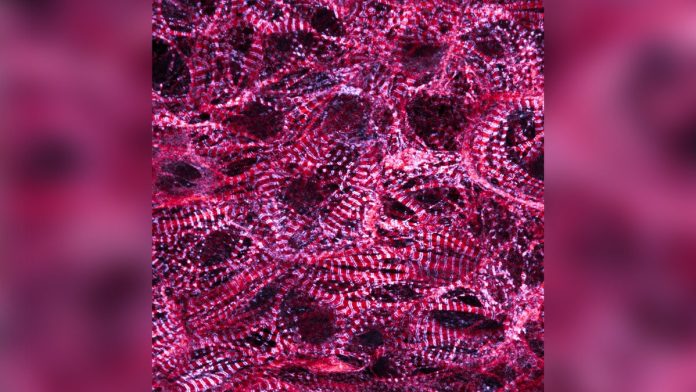Renowned visionary English physician William Harvey wrote in 1651 about how our blood contains all the secrets of life.
“And so I conclude that blood lives and is nourished of itself and in no way depends on any other part of the body as being prior to it or more excellent,” he wrote. “So that from this we may perceive the causes not only of life in general … but also of longer or shorter life, of sleeping and waking, of skill, of strength and so forth.”
Dr. Kevin Watt, team leader of the Heart Regeneration and Disease Laboratory at the Murdoch Children’s Research Institute (MCRI) in Melbourne, Australia, understands this concept deeply.
STEM CELL RESEARCH SHOWING NEW POSSIBILITIES FOR TREATING INFANT HEART DISEASE
He lives it every day, as he and his fellow researchers study and reprogram the potential of the blood to treat disease, specifically heart failure in children.
Building on the work of Dr. Shinya Yamanaka of Japan, who discovered that specialized cells could be reprogrammed back to immature stem cells, Watt and his collaborators have taken this work several steps further.
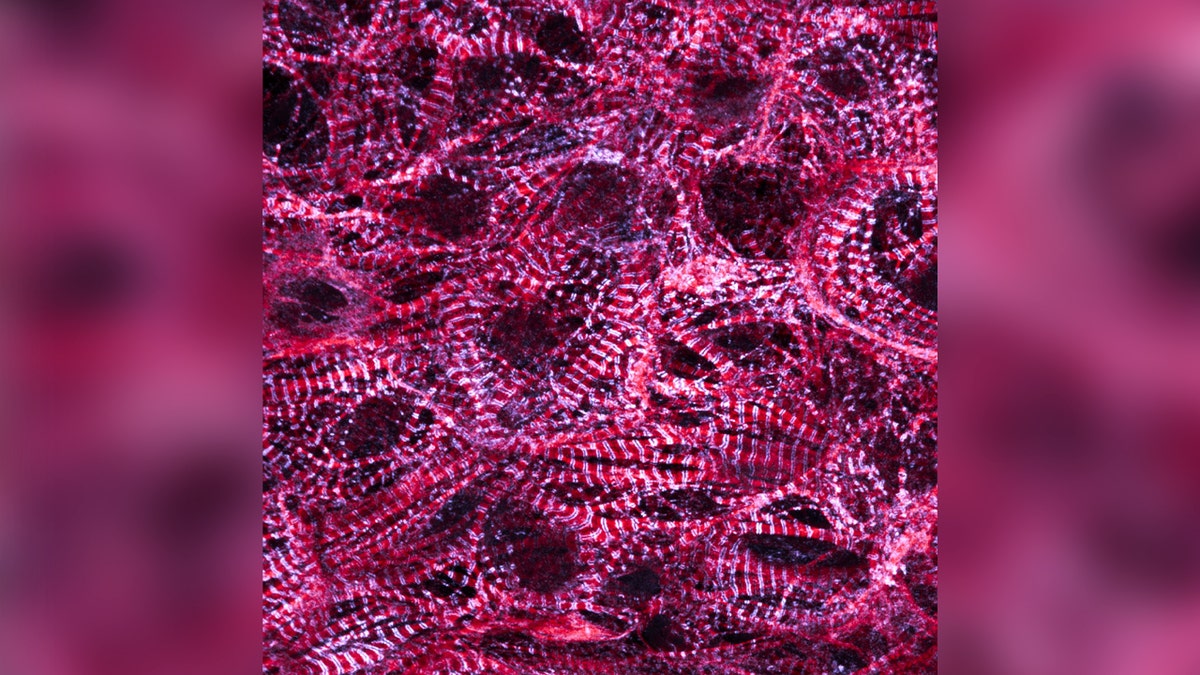
During upcoming clinical trials, “large sheets of heart tissue will be stitched into the failing heart,” said Dr. Kevin Watt, team leader of the Heart Regeneration and Disease Laboratory at Murdoch Children’s Research Institute (MCRI) in Melbourne, Australia. (MCRI)
They have used small molecules to turn these new stem cells from the blood into heart cells.
Small heart organoids are developed in the lab — which can then be injected into the failing hearts of children.
BOY FACING BLINDNESS GETS LIFE-CHANGING EYE SURGERY: ‘SUCH A BLESSING’
Relying on the philanthropic support of the Murdoch Institute, the work is progressing rapidly and has been shown to be effective already in mice, pigs and sheep.
“The vision of our research is to develop new therapies that can transform the lives of children with heart failure.”
Clinical trials in humans will be starting soon, and as Dr. Watt told me in an interview from Australia, “Large sheets of heart tissue will be stitched into the failing heart.”
Congenital heart failure as well as side effects of chemotherapy in children will be targets for this miracle therapy. Millions of children around the world suffer daily from these conditions.
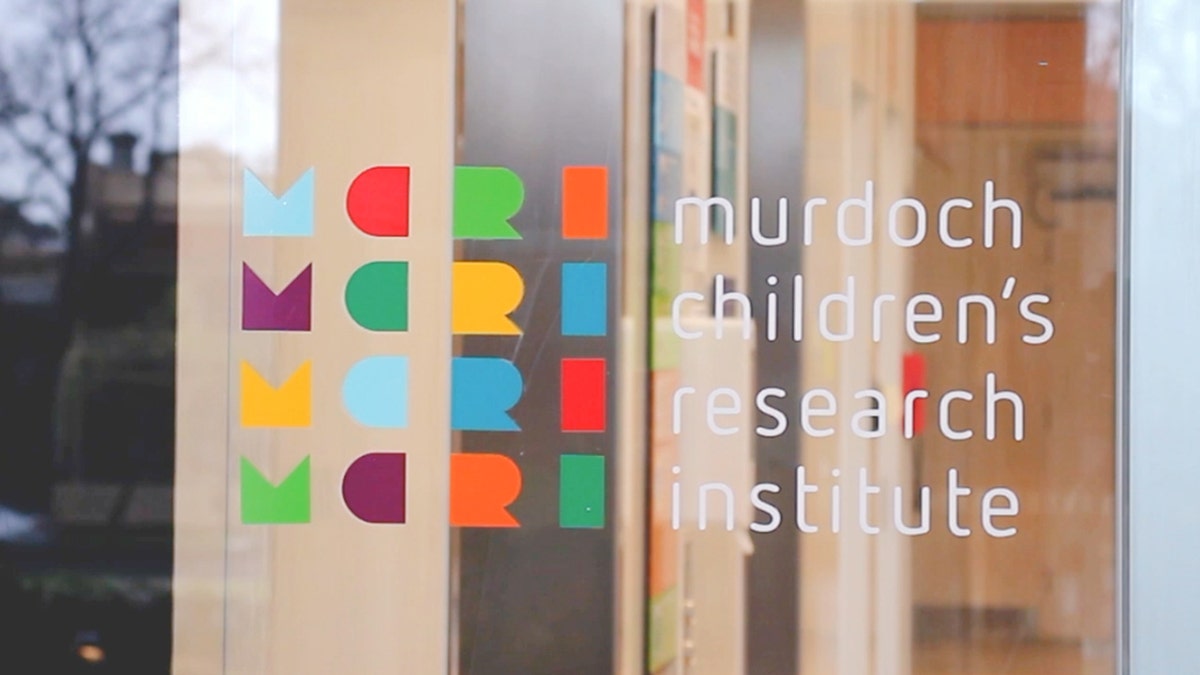
Researchers at MCRI are studying and reprogramming the potential of the blood to treat disease, specifically heart failure in children. (MCRI)
Watt said that certain chemotherapy (anthracyclines) have a higher risk of heart failure – up to 15% of the time – and this treatment may be useful to protect the heart.
Watt said, “Heart failure remains an urgent, unmet clinical challenge across the world. While we have made significant advances over several decades in managing the disease, we lack targeted therapies to treat these devastating conditions.”
FAMILY OF CHILD WITH DOWN SYNDROME WENT FROM SHOCK TO GRATITUDE: ‘LOST THE AIR IN MY CHEST’
He added, “More than 500,000 children around the world live with advanced heart failure that requires transplantation. The vision of our research is to develop new therapies that can transform the lives of children with heart failure.”
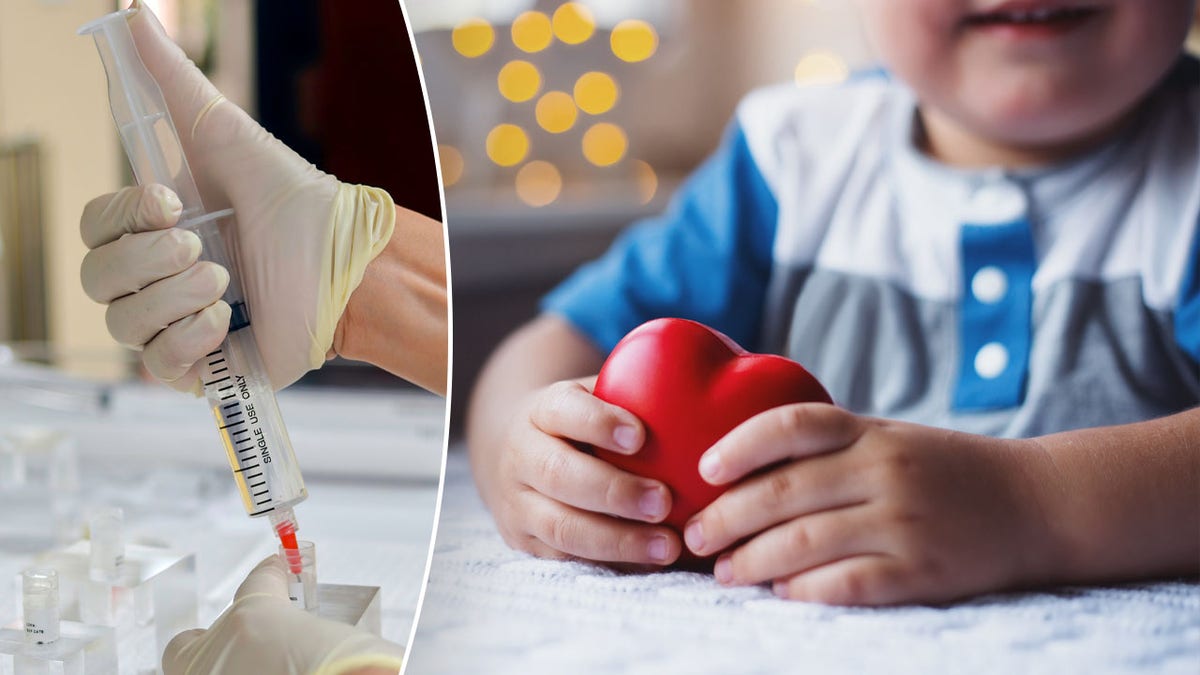
“More than 500,000 children around the world live with advanced heart failure that requires transplantation. The vision of our research is to develop new therapies that can transform the lives of children with heart failure.” (iStock)
To achieve this, he said, “we use a technology called induced pluripotent stem cells, where we can convert blood or skin cells of patients with heart failure into stem cells that we then turn into heart cells … or even make engineered heart tissues that can be stitched onto the patient’s heart to help it pump.”
The cells that are targeted in the blood are known as peripheral blood mononuclear cells (PBMCs).
CLICK HERE TO SIGN UP FOR OUR HEALTH NEWSLETTER
They are “pushed back in time to an earlier time before they became differentiated into heart or kidney cells,” he said.
Then they can be pushed forward to become healthy heart cells or mutations — or other abnormalities can be corrected.
While the team at the Murdoch Children’s Research Institute is making heart cells from stem cells in the blood for clinical use, it’s also using these stem cells to figure out new drugs to treat heart failure directly.
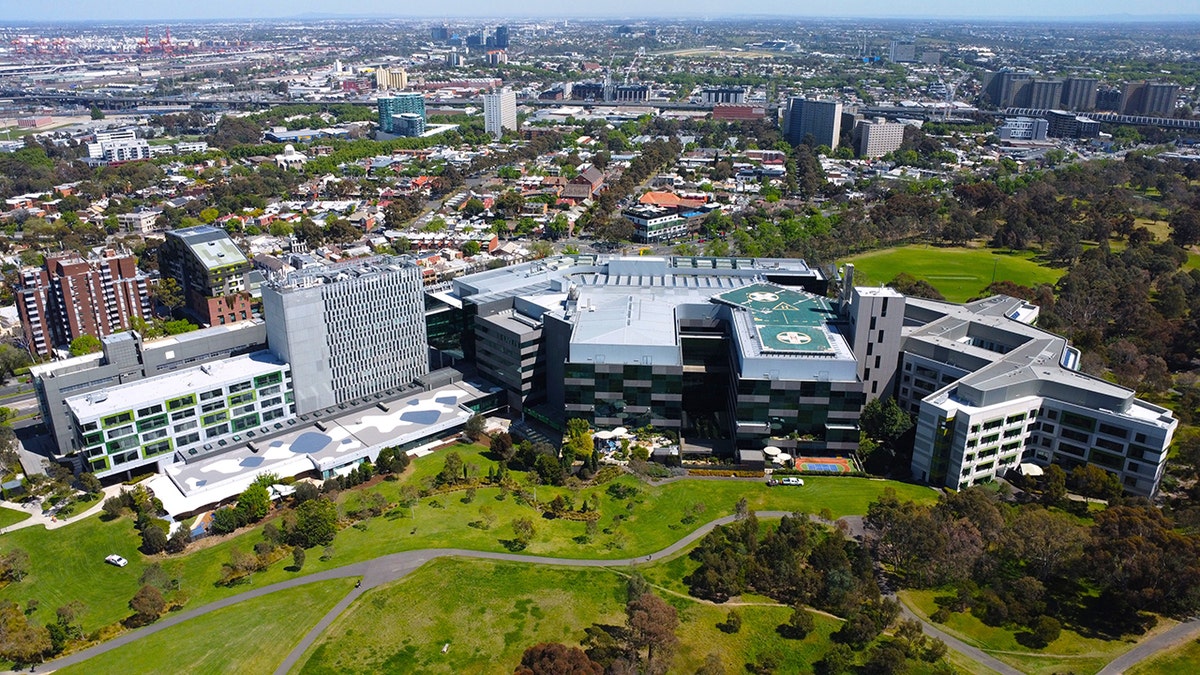
The team at MCRI in Melbourne (shown above) is pioneering “methods to turn stem cells into miniature heart tissues.” (MCRI)
Said Watt, “Using stem cells from patients with heart failure caused by chemo, we are actively developing new drugs and cell-based treatments that we believe will transform the lives of patients with these conditions … Our research group has pioneered methods to turn these stem cells into miniature heart tissues that can be used to model disease-in-a-dish, to identify new drug targets for the development of new therapies.”
These treatments are personalized and highly expensive, but they’re also highly effective.
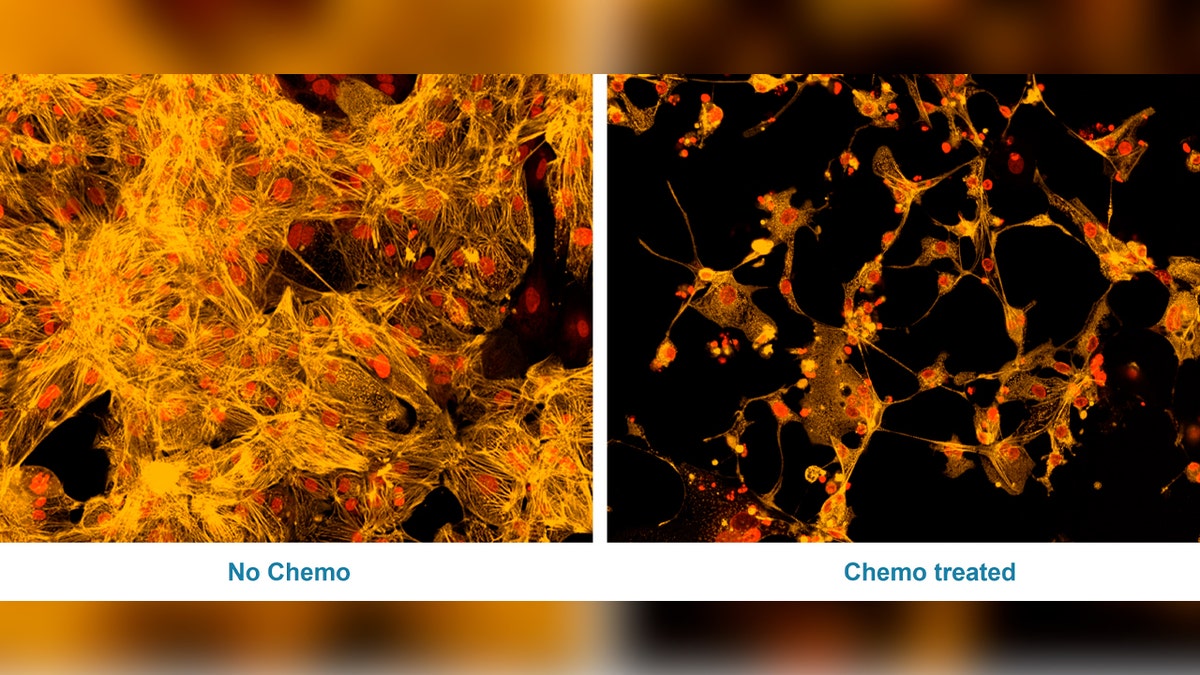
“Using stem cells from patients with heart failure caused by chemo, we are actively developing new drugs and cell-based treatments that we believe will transform the lives of patients with these conditions.” (MCRI)
Correcting heart failure in young children is only a few years away from becoming a reality.
It’s a Christmas miracle that relies on the kind of philanthropic support that MCRI is famous for arranging.
CLICK HERE TO GET THE FOX NEWS APP
“Philanthropic support plays a critical role in accelerating the development of these new, transformative treatments,” said Watt, “and this support will be essential as we work toward bringing stem cell-based precision therapies for heart failure to every child who needs it.”
For more Health articles, visit www.foxnews.com/health
Visit go.fox/MCRI to donate or to learn more about MCRI’s important research.

